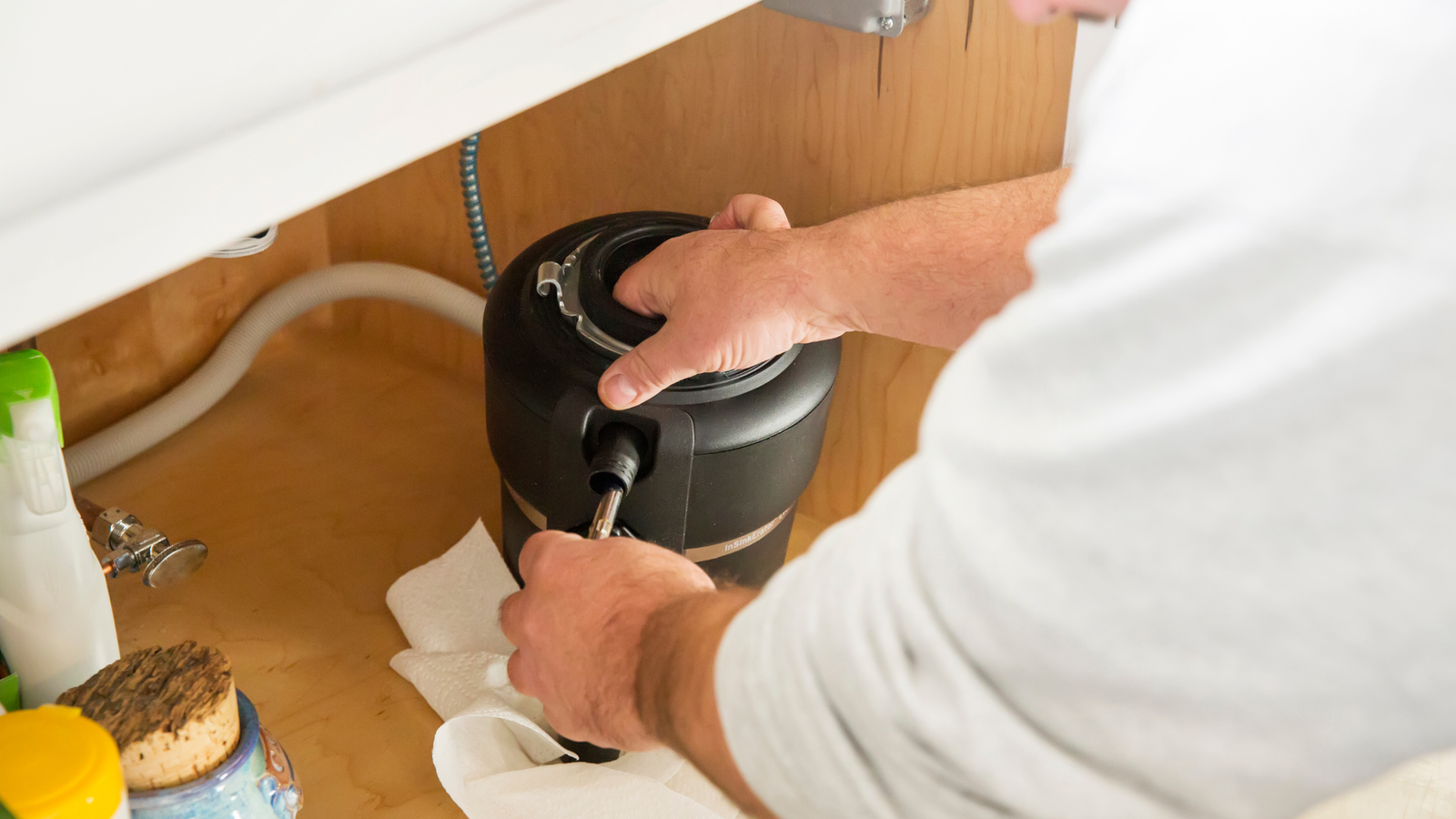Garbage disposals are one of the most convenient appliances in the kitchen. They save time, reduce food waste, and keep your sink cleaner. But while disposals are built to handle everyday kitchen scraps, they aren’t indestructible. Many homeowners unknowingly make mistakes that can shorten the lifespan of their unit or lead to costly repairs.
In this guide, we’ll break down the most common garbage disposal mistakes, explain why they’re harmful, and share simple tips to keep your disposal running smoothly for years to come.
Why Proper Garbage Disposal Use Matters
Your garbage disposal works hard to break down food particles and flush them safely through your plumbing system. When used correctly, it’s a reliable tool that can last for many years. But when misused, it can quickly become a source of frustration, leading to:
- Clogged pipes
- Jams and breakdowns
- Foul odors
- Unnecessary repair costs
For a deeper dive into why correct usage is so important, check out this helpful article: Why Proper Garbage Disposal Use Matters.
1. Putting the Wrong Foods Down the Drain
One of the most common mistakes is assuming that any food waste can go into the disposal. The truth is, some items are too hard, sticky, or fibrous for the blades and motor to handle.
Foods to Avoid
- Grease, fats, and oils: These may pour down as liquids, but they quickly solidify inside pipes, leading to stubborn clogs.
- Fibrous foods: Celery, corn husks, and onion skins can wrap around the blades, slowing them down or causing jams.
- Hard items: Bones, fruit pits, and shells are too tough to grind and can damage the motor.
- Starchy foods: Pasta, rice, and potato peels absorb water and turn gummy, creating a sticky mess that blocks pipes.
Instead of tossing these items into the disposal, throw them into the trash or compost bin.
2. Using Too Little Water
Water is essential for helping your garbage disposal work properly. Running the disposal without enough water makes it harder for the blades to grind food and for particles to move through your plumbing.
Best Practice
- Always run cold water before, during, and after using the disposal.
- Keep the water running for at least 20–30 seconds after grinding stops to flush out all debris.
Cold water is better than hot because it helps solidify grease and fats, making them easier to grind and wash away instead of sticking to pipes.
3. Overloading the Disposal
It’s tempting to scrape a whole plate of leftovers into the disposal at once, but overloading is a fast way to strain the motor and cause jams.
Tips to Avoid Overloading
- Feed scraps gradually.
- Cut larger items into smaller pieces before disposal.
- If you have a lot of food waste, alternate between the trash and the disposal.
This simple habit reduces stress on the machine and keeps it operating efficiently.
4. Neglecting Regular Cleaning
Just like any other appliance, your garbage disposal needs regular cleaning. Over time, food residue builds up, leading to odors and reduced performance.
Easy Cleaning Methods
- Citrus peels: Toss in lemon or orange peels to freshen odors.
- Ice cubes: Grinding a handful of ice helps clean the blades and dislodge stuck debris.
- Baking soda and vinegar: A natural way to break down buildup and keep the drain clear.
Cleaning only takes a few minutes but makes a big difference in how your disposal smells and performs.
Additional Mistakes to Watch Out For
While the four mistakes above are the most common, there are other habits that can also damage your disposal:
- Using chemical drain cleaners: These harsh chemicals can corrode parts of your disposal and pipes. Stick with natural cleaning methods.
- Turning off the disposal too quickly: Let it run for several seconds after grinding stops to ensure everything flushes out.
- Ignoring strange noises: If your disposal is rattling, humming, or making unusual sounds, something may be stuck inside.
How to Know When It’s Time for a Repair
Even with proper care, garbage disposals can wear down over time. Watch for these signs that it may be time to call in a professional:
- Frequent clogs or jams
- Persistent foul odors that don’t go away after cleaning
- Leaks under the sink
- Weak grinding or humming without grinding
If you notice these issues, don’t wait for the problem to get worse. Professional repair can extend the life of your disposal and keep your kitchen running smoothly.
👉 Learn more about expert repair options here: Garbage Disposal Repair Services in Long Beach, CA.
Simple Habits to Extend the Life of Your Garbage Disposal
The good news is that avoiding these mistakes and sticking to a few simple habits will keep your disposal in top shape:
- Run cold water every time you use it.
- Feed food scraps gradually.
- Keep grease, bones, and fibrous foods out of the drain.
- Clean it weekly with natural methods.
- Listen for unusual noises and address problems early.
With consistent care, you’ll get the most out of your garbage disposal while avoiding costly repairs.
Need Help with Your Garbage Disposal?
If your disposal is clogged, jammed, or simply not working the way it should, professional help is just a call away. Our skilled plumbers can handle everything from quick fixes to full replacements.
📞 Reach out today through our Contact Us page to schedule service and get your kitchen back on track.
Final Thoughts
Garbage disposals are tough, but they’re not indestructible. By avoiding common mistakes like putting the wrong foods down the drain, using too little water, overloading the unit, or skipping regular cleaning, you’ll keep your disposal running smoothly for years to come.
The small changes you make today can save you from bigger headaches tomorrow. So treat your garbage disposal with care—it’s one of the hardest-working appliances in your kitchen!





